18+ Sample Confidential Information Agreement
-
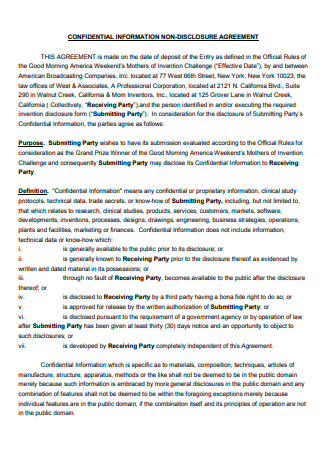
Confidential Information Non-Disclosure Agreement
download now -
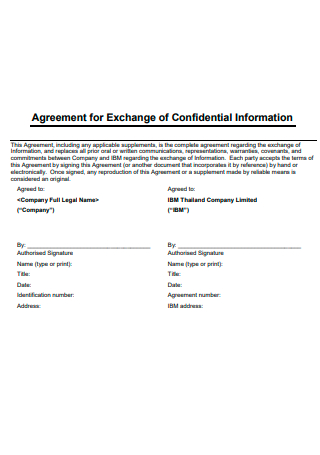
Confidential Information Agreement For Exchange
download now -
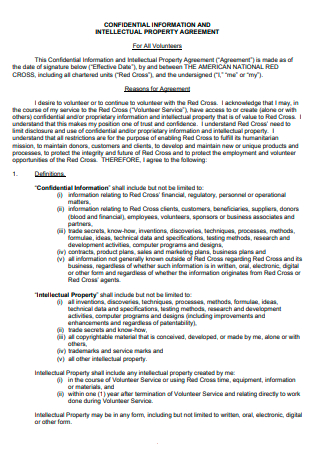
Confidential Information and Intellectual Property Agreement
download now -
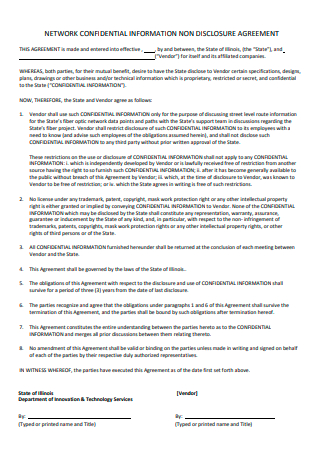
Network Confidential Information Non-Disclosure Agreement
download now -
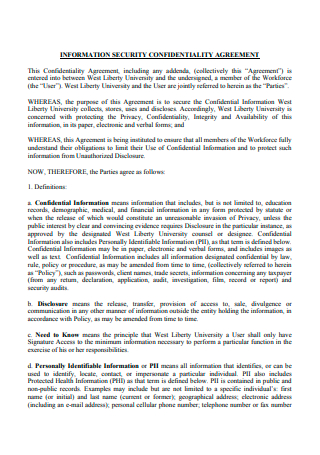
Confidentiality Information Security Agreement
download now -
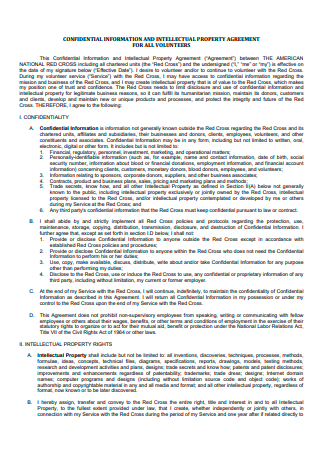
Confidential Information and Intellectual Property Agreement For all Volunteers
download now -
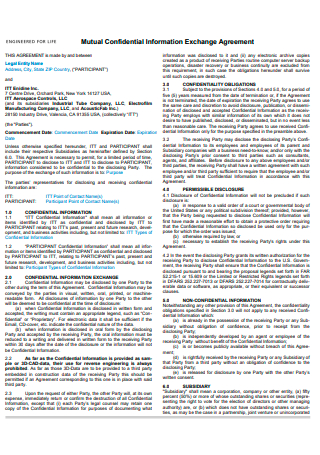
Mutual Confidential Information Exchange Agreement
download now -
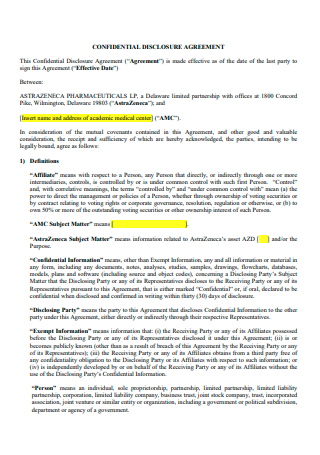
Confidential Information Disclosure Agreement
download now -
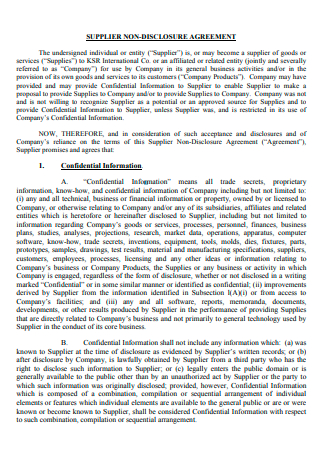
Confidential Information Supplier Non-Disclosure Agreement
download now -
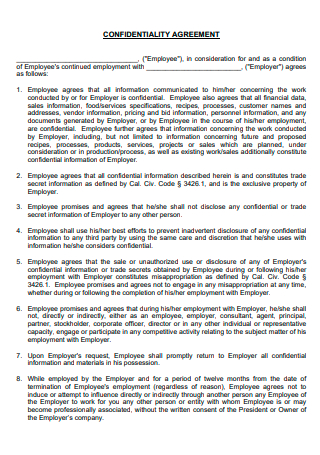
Confidentiality Information Agreement in PDF
download now -
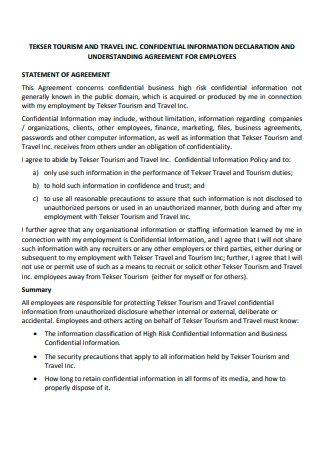
Confidential Information Agreement Example
download now -
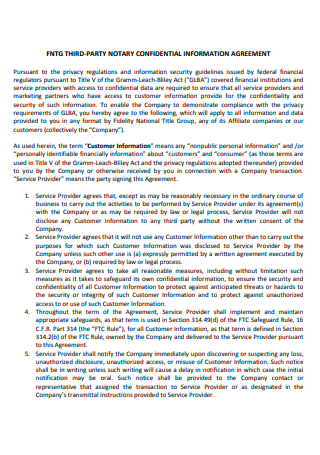
Third Party Notary Confidential Information Agreement
download now -
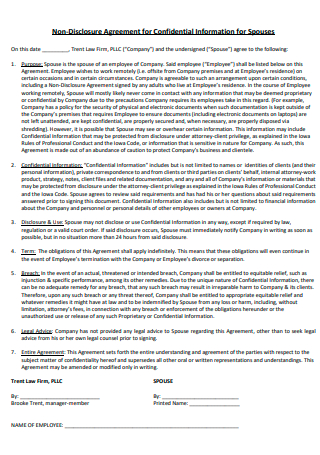
Confidential Information For Spouses Non-Disclosure Agreement
download now -
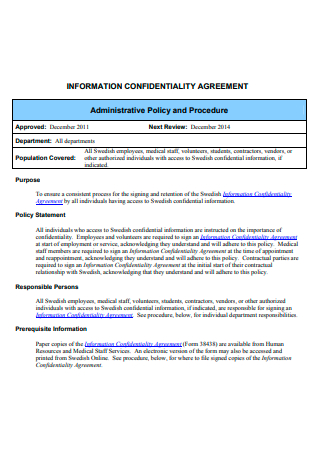
Basic Confidentiality Information Agreement
download now -
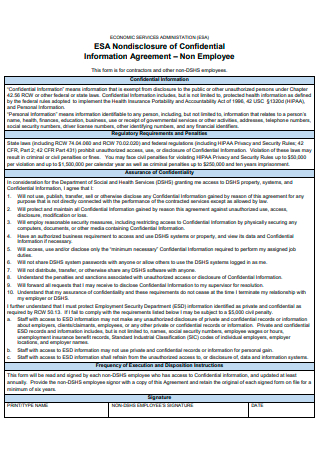
Non Employee Confidential Information Agreement
download now -
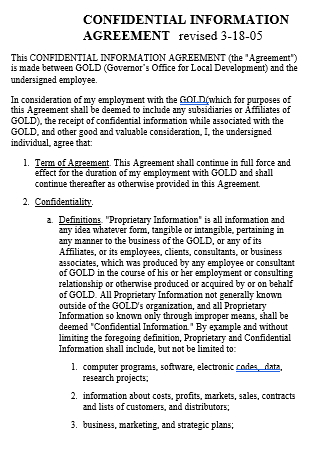
Confidential Information Agreement in DOC
download now -
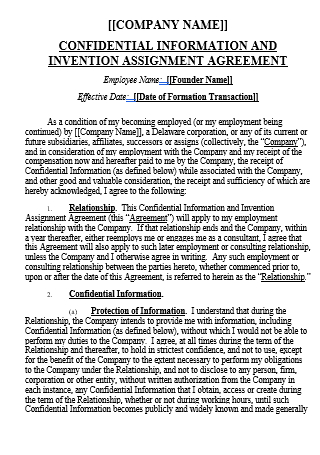
Confidential Information and Invention Assignment Agreement
download now -
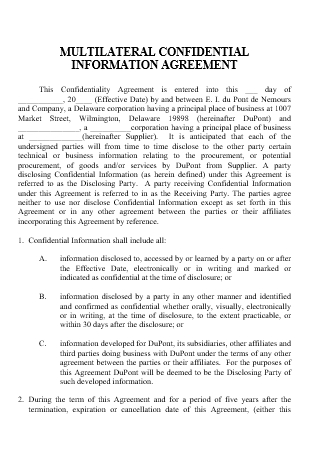
Multilateral Confidential Information Agreement
download now -
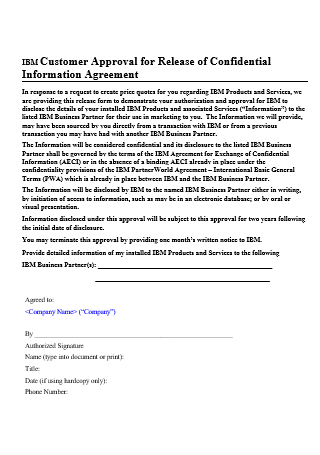
Approval For Release of Confidential Information Agreement
download now
FREE Confidential Information Agreement s to Download
18+ Sample Confidential Information Agreement
What Is a Confidential Information Agreement?
Why Is Confidentiality Important?
What Are Reasons to Consider Using a Confidential Information Agreement?
What Are Reasons to Consider Not Using a Confidential Information Agreement?
What Could Happen If You Don’t Use a Confidential Information Agreement?
What Are Types of Confidential Information Agreement?
How Long Does a Confidential Information Agreement Last?
What Are the Exclusions of a Confidential Information Agreement?
Elements of a Confidential Information Agreement
How to Write a Confidential Information Agreement
FAQs
Are confidentiality agreements legally binding?
Is a confidentiality agreement the same as a non-compete agreement?
Is it important for my employees to sign a confidentiality agreement?
Do all employees have to sign a confidentiality agreement?
What Is a Confidential Information Agreement?
When a corporation wants to protect sensitive information such as trade secrets, proprietary systems, and products, it will enter into a confidential information agreement with the other party. A confidential information agreement is a legally binding contract between two or more parties, most typically an employer and an employee, in which at least one of the parties undertakes not to disclose particular information that has been shared with them in confidence. These are also referred to as non-disclosure agreements.
Other templates are available on our website, and you can use them whenever you need them. They are as follows: non-disclosure agreement, contractor agreement, work contract, labor contract, position agreement, subcontractor agreement, employer agreement, confidentiality business agreement, staff agreement, disclosure agreement, and other similar templates are available. This post will not only provide you with templates but will also provide you with important information that you need to know in order to complete your template.
Why Is Confidentiality Important?
When it comes to maintaining confidentiality, it is all about keeping personal and important information safe. The vast majority of enterprises today are dealing with initiatives worth billions and trillions of dollars in a litigious and highly competitive environment. Furthermore, keeping the discussed matters, particularly the monetary and other sensitive issues, under wraps is the most difficult task for them. It has become increasingly important in this context to have a Confidential Information Agreement in place. However, it is not possible to maintain complete confidentiality.
What Are Reasons to Consider Using a Confidential Information Agreement?
There are numerous reasons why someone might contemplate signing a confidentiality agreement. Keeping an edge. Confidentiality agreements can help keep competitors, the media, and the public out of sensitive information. As a result, secrecy agreements are common in fast-changing industries like information technology. Clearly clarifying each participant’s responsibilities. A confidentiality agreement defines the terms of a confidential relationship between two parties. A confidentiality agreement might help a consultant choose how a new client’s personal information should be treated. Creating information management guidelines. Usually, the parties agree to respect each other’s sensitive data as they would treat their own. This method works best when the recipient already has policies in place for handling personal information. A password-protected file is one way to enforce confidentiality and restrict access to information. Patent defense. In many countries, including the US, an inventor loses patent rights when the innovation is disclosed. Data protection in M&A. Concluding a merger or acquisition can be protected by confidentiality agreements. Confidentiality agreements also protect corporate interests in collaborative ventures. Creating a legal framework As formal contracts, secrecy agreements can be used as evidence in court.
What Are Reasons to Consider Not Using a Confidential Information Agreement?
But they aren’t for everyone. Here are some reasons why they might not be right for you. They can’t protect all data. Unprotected information includes. Information received prior to signing the contract. Information gleaned from other sources or public knowledge. Public interest information. Decontamination of local waterways and public health cannot be concealed by a confidentiality agreement. Subject to a subpoena or required by law in some situations. An attorney can tell you if your data is secured. In rare cases, they can harm enterprises. A confidentiality agreement may not be used if the entity stands to lose more than it gains. Startups rarely require confidentiality agreements from venture capitalists. Because investors are unlikely to sign because funding is more important than protecting their innovative ideas. Employers may also be reluctant to sign confidentiality agreements after a certain period of time. Low morale and significant staff turnover may result from employees feeling their company is modifying the rules of employment. As a result, many firms require new hires to sign confidentiality agreements.
What Could Happen If You Don’t Use a Confidential Information Agreement?
Another party profiting from the ideas or secret information is the worst-case scenario for the corporation. All of these losses may be mentally draining. If someone does profit from your ideas or information, a confidentiality agreement ensures you can be lawfully reimbursed. They know they’ll face legal consequences — including financial penalties and a court order to discontinue business — if they profit from your information. The entity that leaked the sensitive data may also incur short- and long-term reputational damage. Taking the disclosing party to court is still an option, but it will take longer and cost more money.
What Are Types of Confidential Information Agreement?
Despite the fact that the information contained in a confidentiality agreement is always unique, these papers can be divided into two distinct groups.
1. Unilateral or One-Way Confidential Agreement
One-way confidentiality agreements, often known as unilateral confidentiality agreements, specify that one party will not divulge information held by the other party. There are many different types of confidentiality agreements, but this is the most prevalent. It is frequently employed when a company hires a new employee and wishes to ensure that the new employee maintains the confidentiality of proprietary information.
2. Bilateral or Mutual Confidential Agreement
A bilateral or mutual confidentiality agreement stipulates that both parties agree not to disclose the information of the other party. If two firms decide to collaborate and agree to secure one another’s data, this is the most usual scenario in which it is employed. As an illustration, this could occur when a corporation wants to license its products to another company.
How Long Does a Confidential Information Agreement Last?
When you compel your employees to sign confidentiality agreements, you have the right to do so in order to protect yourself and your interests as an employer. Compliance with the requirement can help you protect your customer data, confidential information, intellectual property, company strategy, and other important information. Although the time term for the validity of a secret agreement is entirely up to you or any other person who will write the agreement, the normal time limit is between 2 and 5 years. Additionally, it is common for a confidentiality agreement to include a provision stating that the agreement will be immediately terminated if the information it is intended to safeguard is made public.
What Are the Exclusions of a Confidential Information Agreement?
Every fundamental confidentiality agreement should contain precise exceptions from the recipient’s duties. The goal of these exclusions is to address instances in which maintaining the secrecy of information would be excessively difficult or unjustifiable for the receiver. The most frequently used of these exclusions is information that:
- The addressee is aware.
- Even though the recipient did not reveal the information, the public already knows.
- The recipient created independently, without reference to or use of the confidential information supplied by you.
- Some third-party who is not a party to the confidentiality agreement share information with the recipient.
Elements of a Confidential Information Agreement
An introductory confidentiality agreement does not need to be complicated or lengthy in any way. Indeed, the best ones aren’t much longer than a handful of pages at the most. They only need to have the following key aspects of a confidentiality agreement in order to function:
How to Write a Confidential Information Agreement
Confidentiality agreements are extremely restrictive covenants simply because they restrict or limit an individual’s independence. The instructions below outline how to create your own confidentiality agreement sample:
-
Step 1: Determine the Date and Parties Involved
It is critical to state the effective date of the confidentiality agreement. The Disclosing Party and the Recipient are the two parties involved. Include their full names to avoid any confusion regarding who signed the agreement.
-
Step 2: Indicate the Agreement’s Rationale or Objective
This is best demonstrated through the use of an example. For instance, you hire the recipient for a position that requires them to have access to confidential information. Identify the company property you wish to include in the contract – this refers to the detailed description of the sensitive information.
-
Step 3: Describe the Terms of the Confidentiality Contract
Adequate safeguards against the leakage of confidential information. Without your prior Authorization, we will refrain from releasing sensitive or confidential information. Using confidential information solely for business purposes and exclusively for those who have a “need to know” justification. Not exposing confidential information to individuals who have not signed the confidentiality agreement.
-
Step 4: Describe the Consequences
The most frequently used remedy is an injunction. This is a court injunction prohibiting the other party from revealing any additional confidential information. In certain federal proceedings, the court may grant you the authority to confiscate property under “exceptional circumstances.” Additionally, you can direct the recipient to return the sensitive information.
-
Step 5: Indicate the Expiration or Termination Date of the Agreement
Additionally, you should describe how you will notify the receiver of the termination. When your agreement expires, you have two options. The Recipient undertakes not to use the sensitive information for an agreed-upon amount of time following the conclusion of the arrangement. The recipient agrees not to utilize the confidential information during the term of the agreement or for a period of time following.
Confidential information can also be protected in the event that the recipient is forced to divulge the information through a judicial process. When a court orders the disclosure of sensitive information, the recipient has the right to do so without violating the agreement and as long as they notify you in advance.
FAQs
Are confidentiality agreements legally binding?
Yes. Confidentiality agreements are legally enforceable agreements.
Is a confidentiality agreement the same as a non-compete agreement?
An employee confidentiality agreement prohibits information sharing, whereas a non-compete clause prevents them from competing with the company for a set length of time in a specific geographic area.
Is it important for my employees to sign a confidentiality agreement?
Signing a confidentiality agreement protects private information, customer data, processes, company strategy, intellectual property, and other crucial information.
Do all employees have to sign a confidentiality agreement?
No. Many firms and positions do not need employees to sign a confidentiality agreement.
By utilizing our Confidential Information Agreement template, you can ensure that no company or business confidential information is disclosed to the public or to any other third party, putting your company’s or organization’s operations at risk. Protect all of your intellectual property rights, information, and other data that will be shared with parties outside of your organization. Using this paper, you may clearly define what confidential information is and what rights you have in relation to such information. Include provisions for how such violations may be reimbursed, as well as provisions for the return of any confidential information following the termination or completion of an employee’s employment with the company. Take advantage of this opportunity to download the template and begin working with it right away.
